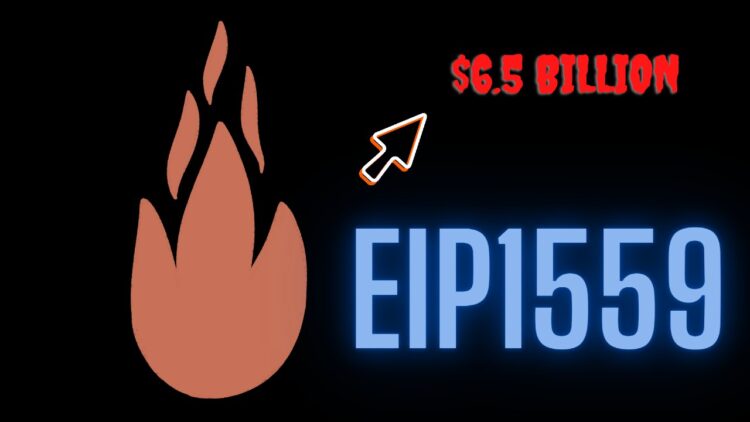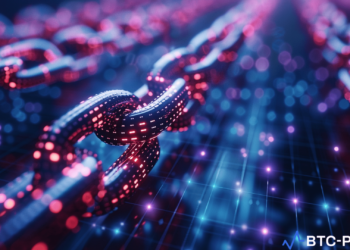Since the release of EIP-1559, Ethereum Improvement Proposal-1559, on August 5, 2021, Over 6.5 billion dollars in ETH has been burned forever as of April 20, 2022. Ethereum’s London hard fork upgrade was a set of five Ethereum Improvement Proposals (EIPs).
According to Ethereum, “EIPs are standards specifying potential new features or processes for Ethereum. EIPs contain technical specifications for the proposed changes and act as the “source of truth” for the community. Network upgrades and application standards for Ethereum are discussed and developed through the EIP process.” Among the five proposals is the EIP-1559.
The EIP-1559 proposal is to make Ethereum transactions more efficient and faster by using a hybrid system of base fees and tips. The base Fee is the minimum amount of gas required to include a transaction on the Ethereum blockchain.
EIP-1559 Solved Excessive Gas Fee Problem
Back in 2021, Ethereum significantly grew in popularity. Still, traders had difficulties estimating transaction gas fees on the Ethereum blockchain as the process was complicated, and users usually encountered transaction confirmation delays. Ethereum gas fees operated on a simple auction system that is relatively inefficient and unpredictable.
When an Ethereum user submits a transaction to the network, the user submits with a gas bid to be included in the block so users can pay any amount as a gas fee. As a result, Ethereum miners and users whose computers validate network transactions on the Ethereum blockchain can process transactions in any order they choose, irrespective of when a user submits a transaction. Usually, Miners naturally prioritize those transactions with the highest fee bids. The transactions selected by the miners had to pay the bid that they had specified.
This bidding system caused congestion and generally increased the gas prices on the network. Thus, some users tend to pay more transaction fees (gas fees) than others on the same block.
The introduced EIP-1559 eliminated the first-price auction mechanism used to calculate transaction gas fees. In the EIP-1599, there is a base fee (minimum fee) for all transactions to be included in the next block and a priority fee that speeds up the time for transactions to be processed. The base fee is not fixed as it fluctuates according to network congestion and is burned.
These changes in the transaction fee management system allow users to estimate gas fees better and prevent them from paying high gas fees for transactions since the base fee is the minimum fee required to be included in the next block.
EIP-1559 Burning Mechanism Increases Ethereum Scarcity
Ethereum is a non-deflationary asset, which means its supply will not decrease over time. One of the significance of the EIP-1559 is that it includes a burning system that burns a fraction of each base fee, thereby removing it from the Ethereum supply. The rest of the base fee is shared among Ethereum miners. The burning system, therefore, helps in reducing the supply of Ethereum.
As of April 20, 2022, over $6.5 billion worth of ETH (2,139,753 ETH) has been burned from the Ethereum circulation, increasing Ethereum scarcity.










